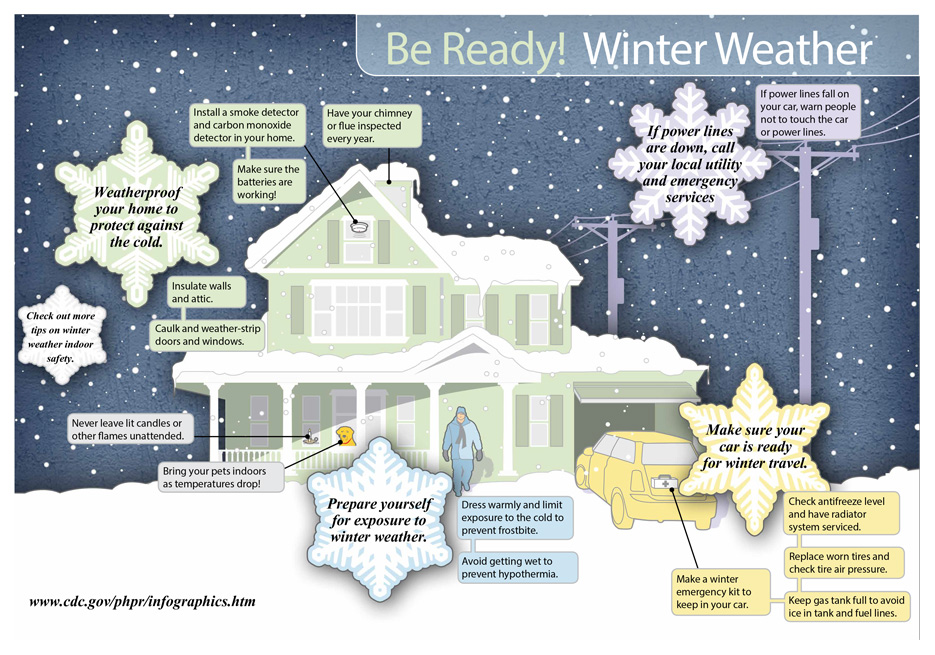
Dangerously extreme cold weather is predicted Fri, Feb 3, through Sat, Feb 4, that will combine ambient temperatures dropping to -6F with sustained winds of 25MPH and gusts of 45MPH to produce wind chills below -20F. (See motifri.com/wx-2023-02-02 for forecast details.) State and local governments are taking emergency actions to keep the public safe and, at the worst case, prevent deaths.
The RI Emergency Management Agency (RIEMA) published a list of places where people without access to indoor heat can find temporary shelter — riema.ri.gov/planning-mitigation/resources-businesses/warming-centers — and a list of local city and town contact points — riema.ri.gov/planning-mitigation/local-contacts — as well as offering assistance by dialing 211.
The RI Department of Housing has asked homeless shelters to extend their hours and until Sun 5pm will fund transportation costs to individuals in need to the 24/7 warming station at the Cranston Street Armory, using both RIPTA and, in rural and outlying communities, Uber.
The RI Department of Health (RIDOH) issued advice for coping with extreme cold:
- Yourself
- Dress in layers.
- Cover exposed skin. Wind chills this low may result in frostbite on exposed skin in as few as 15 minutes.
- Limit outdoor time.
- Add blankets to your home’s emergency kit.
- Eat frequently. Food gives the body energy to produce heat.
- Do not drink a lot of alcohol or caffeine. Alcohol and caffeine cause your body to lose heat faster.
- Check on older family and friends; infants and older adults are more at risk for health problems related to extreme temperature.
- Your baby should wear the same layers adults would comfortably wear plus one additional layer. Avoid using one big, bulky blanket.
- Know the signs and symptoms of hypothermia and frostbite.
- Your car
- Keep your gas tank near full to avoid ice in the tank and fuel lines.
- Make a winter emergency kit for your car. Add extra blankets and a wind shield.
- Make sure your tires have enough air pressure and that your heater works.
- Check your car’s antifreeze levels.
- Tell your friends and family if you are traveling somewhere. If you can, bring a mobile phone with you.
- Your pets
- Limit outdoor time for your pets.
- Bring outdoor pets inside.
- Your home
- Extreme cold can cause your water pipes to freeze and sometimes break. Leave your water tap open so they drip. Open the cabinets beneath the kitchen sink to let warm air near the pipes.
- Be careful with indoor heaters; keep space heaters three feet away from anything that may catch fire.
- Conserve heat. Don’t open doors or windows unless necessary. Close off unneeded rooms.
- Do not use generators, grills, or camp stoves inside.
- Install a battery-operated carbon monoxide detector to protect yourself from carbon monoxide poisoning. Put a carbon monoxide detector near your bedroom so you can hear it if you are sleeping.
RIDOH warns that the most immediate health risks from extreme cold are frostbite and hypothermia:
When exposed to cold temperatures, your body can lose heat quickly and develop frostbite or hypothermia or both.
Frostbite most often impacts noses, ears, cheeks, chins, fingers, and toes. Signs of frostbite include discolored (red, white, or greyish-yellow) skin and numbness. If you notice signs of frostbite, get into a warm area as soon as possible and call a healthcare provider. Warm the affected area with warm water or with body heat. Frostbitten areas can be easily burned because they are numb. Do not use hot water, heating pads, or the heat of a stove or radiator for warming.
Signs of hypothermia include shivering; exhaustion; confusion, memory loss, slurred speech; bright red, cold skin in infants, and very low energy in infants. If you notice signs of hypothermia, take the person’s temperature. If their temperature is below 95°F, this is an emergency, and the person should get medical attention immediately.
The RI Office of Energy Resources is working with RI Energy (the successor to National Grid) which has “secured incremental electric resources and have additional crews available as needed” and placed “LNG [liquefied natural gas] facilities on standby and staffed to vaporize as needed.”
The federal Centers for Disease Control and Prevention (CDC) also publish recommendations for safety in winter weather conditions.



